Mario
I was diagnosed in 2008 when I was 57 years old. It was like planning a big holiday for years and then one day someone tells you that you can’t go. A year after I retired, I was told that I have vascular dementia and probably Alzheimer’s.
For years, my retirement plans were focused on making trips to faraway places that I have read about. I have enough savings to make it come true. There was a feeling of futility and helplessness after the diagnosis. The neurologist was forthright, and I appreciated his candor and advice to have everything in order when I’m no longer able to look after myself and eventual demise.
I consider myself lucky that my family doctor referred me to a neurologist and after his diagnosis, suggested that I meet a social worker to help me put my financial and personal affairs in order. She suggested that I visit the local BC Alzheimer Society who in turn advised me to join their First Link program.
Living in an urban area allowed me to access health care professionals a lot easier than if I lived in a rural or remote part of the province. Except for a few specialists who subscribe to the “doctor knows best” adage, my regular doctors are compassionate and caring. My gerontologist is a very kind young doctor who really cares about my needs and gives me the emotional support when I feel the weight of my dementia becomes too much.
I like to joke and call him my “medical referee” because he always checks the dosage of my medication prescribed by different physicians and makes sure that I am not being overly medicated. I attribute my living well with dementia to the collaboration with the health care professionals who look after me. In partnership with them and with their suggestions, I like to think that with proper nutrition, a healthy lifestyle, and social connection through my volunteer and advocacy work, I look forward to a few more exciting and productive years.
People do not know how to react when I tell them that I have dementia. They are not sure how to respond when the topic comes up. Most of them usually change the subject and talk about something else and attribute my symptoms to ageing and say, “I also forget things.” There seems to be fewer telephone calls and the connections through emails seem to have stopped coming. One feels the sense of isolation and loss of being in touch with others.
Media
September 18, 2019: What does the Charter mean to Mario? (via the Alzheimer Society Blog)
September 17, 2018: What does the Canadian Charter of Rights for People with Dementia mean to Mario Gregorio? (via Vancouver Coastal Health)
March 11, 2018: Brain Health Week 2018: Mario’s three keys to living well (via the Alzheimer Society Blog)
January 11, 2018: Fighting the stigma – what it means to live with Alzheimer’s (video via Global News)
January 10, 2018: New campaign to destigmatize dementia (video via Global News)
Comments
We may use your information in order to track your relationship with us and our site(s). We do NOT share your information with third parties.
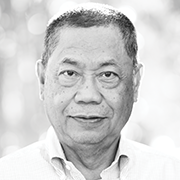
HERE ARE MY TIPS TO HELP YOU UNDERSTAND:
- Focus on my abilities.
- Dementia can be a long journey. Please be patient with me.
- We can live positively after a diagnosis.
- People with dementia have a voice.
- Become informed. It is the best way to reduce stigma.
-
More Stories
-
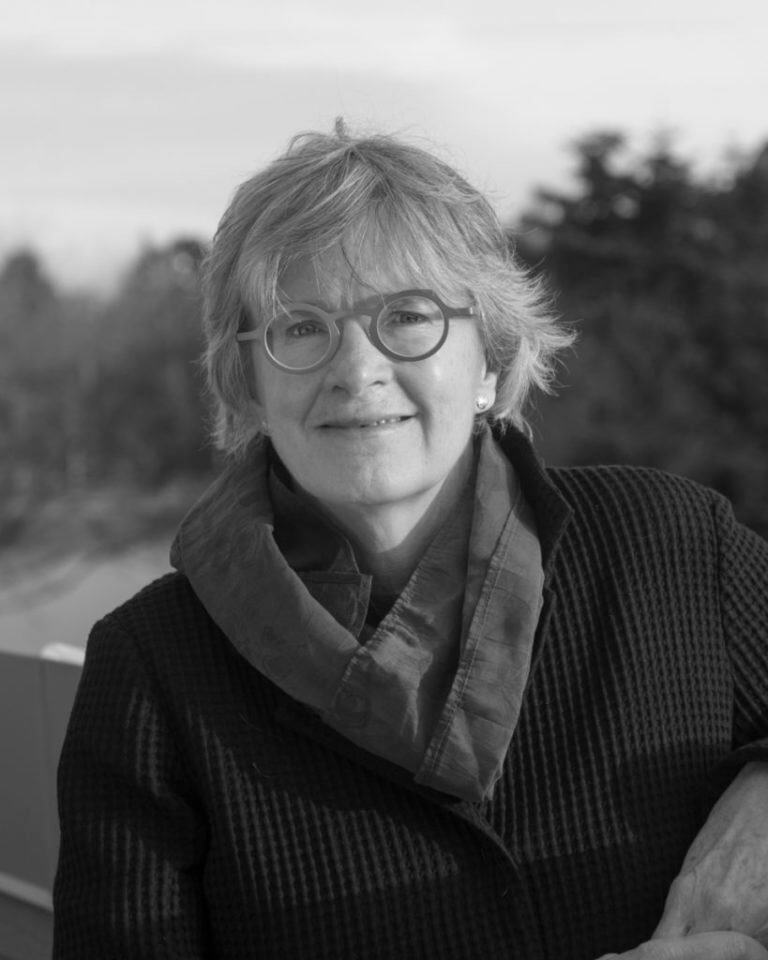
Cindy
2018
British Columbia
-
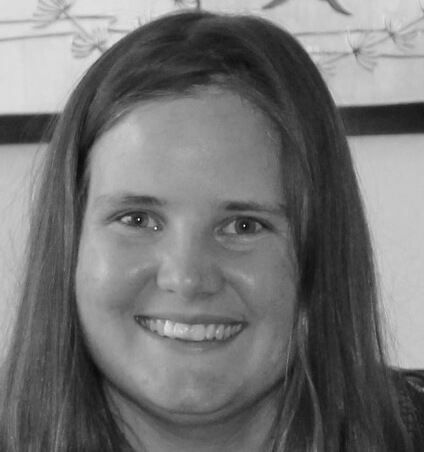
Hollis
2018
British Columbia
-
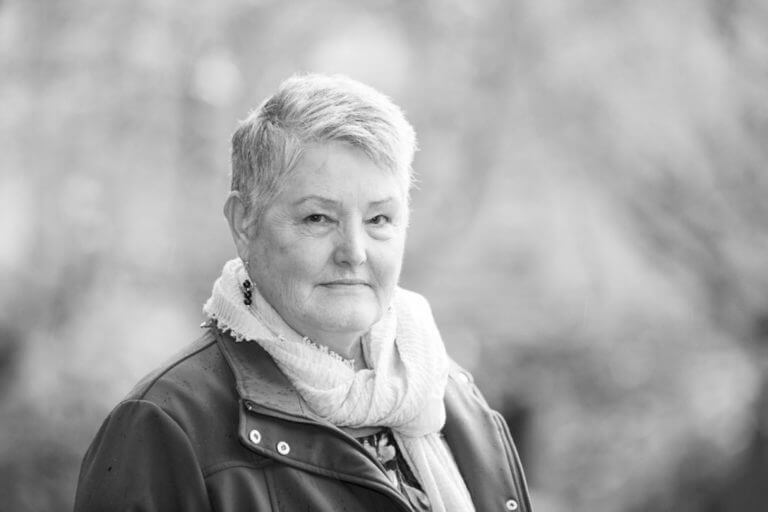
Myrna
2018
British Columbia
-
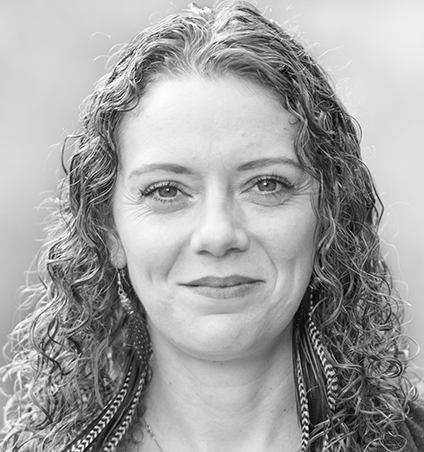
Naomi
2018
British Columbia

Making the City Kinder to Folks with Dementia – TheTyee.ca – hello care 889 days ago
[…] creative ways to support people living with dementia using technologies and innovative methods. Mario Gregorio, who was diagnosed with Alzheimer’s in 2008, was one of the eight people across Canada who helped […]
Making the City Kinder to Folks with Dementia - TheTyee.ca - WR 889 days ago
[…] creative ways to support people living with dementia using technologies and innovative methods. Mario Gregorio, who was diagnosed with Alzheimer’s in 2008, was one of the eight people across Canada who helped […]
ALZHEIMER’S AWARENESS MONTH: STIGMA AND THE NEED FOR UNDERSTANDING. – My Site 939 days ago
[…] Naomi, Mario, and Mary Beth allowed us into their lives by sharing their experiences and representing the […]